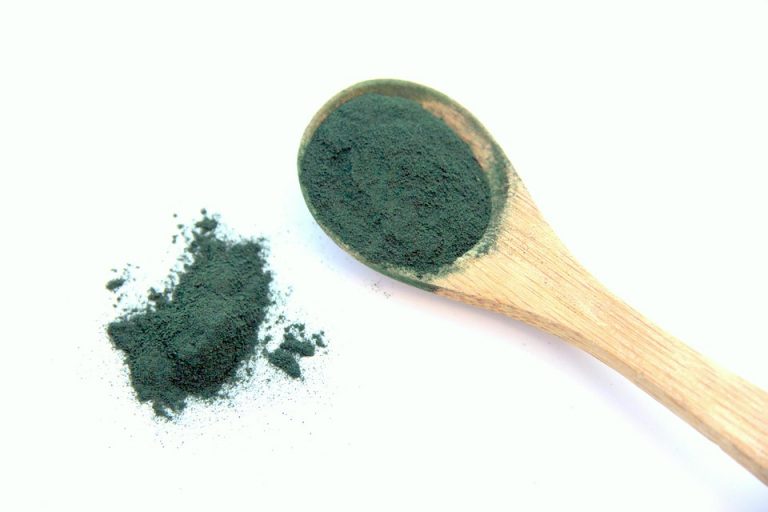Mastering your calorie deficit for weight loss is the golden key to transforming your body and your life. It’s not just about cutting calories; it’s about understanding your body, fueling it right, and making choices that resonate with your goals. This journey isn’t merely about numbers; it’s about empowerment, confidence, and becoming the best version of yourself.
Contents
Understanding the Calorie Deficit
A calorie deficit occurs when you consume fewer calories than your body burns. This simple concept is the foundation of weight loss. It’s significant because it’s the science behind shedding those extra pounds. But don’t let the simplicity fool you—mastering it is an art that requires knowledge, strategy, and a bit of self-love.
When you create a calorie deficit, your body turns to stored fat for energy, leading to weight loss. But it’s not just about restriction. It’s about balance, nourishment, and making the right choices that align with your lifestyle. Let’s dive into the secrets that will help you master your calorie deficit with grace and confidence.
1. Know Your Baseline: Calculate Your Needs
Before you can craft your calorie deficit, it’s essential to know your baseline—how many calories you need to maintain your current weight. This is often referred to as your Total Daily Energy Expenditure (TDEE). You can calculate your TDEE using various online calculators that consider your age, weight, height, gender, and activity level.
Why It Matters
Understanding your TDEE helps you set realistic goals. If you aim to lose weight, you typically want to create a deficit of about 500-1000 calories per day, which can lead to a safe weight loss of 1-2 pounds a week.
Tools to Use
- TDEE Calculators: Websites like Healthline provide easy-to-use calculators.
- Fitness Trackers: Devices like Fitbit or Apple Watch can help monitor your daily activity and caloric burn.
2. Focus on Nutrient-Dense Foods
Creating a calorie deficit doesn’t mean you have to live on salads and bland foods. Instead, focus on nutrient-dense options that fuel your body and keep you satisfied.
What Are Nutrient-Dense Foods?
These are foods that provide a high amount of nutrients for a relatively low number of calories. Think vegetables, fruits, lean proteins, whole grains, and healthy fats.
Benefits
- Satiation: Foods rich in fiber and protein keep you full longer.
- Energy: Proper nutrients fuel your workouts and daily activities.
- Health: Nutrient-dense foods support overall health, reducing the risk of chronic diseases.
Tips for Incorporation
- Fruits and Vegetables: Fill half your plate with colorful veggies and fruits.
- Protein Sources: Incorporate lean meats, fish, beans, and legumes.
- Whole Grains: Swap refined grains for whole grains like brown rice and quinoa.
3. Don’t Skip Meals: Eat Regularly
One of the biggest misconceptions is that skipping meals helps you lose weight. In reality, skipping meals can backfire, leading to overeating later on.
The Importance of Regular Meals
Eating at regular intervals helps maintain blood sugar levels and keeps hunger at bay. It’s essential to fuel your body consistently to avoid energy crashes and cravings.
Meal Timing Tips
- Three Meals with Snacks: Aim for three balanced meals and two healthy snacks.
- Listen to Your Body: Eat when you’re hungry, and stop when you’re satisfied.
4. Hydrate, Hydrate, Hydrate
Water is your best friend on this journey. Staying hydrated is crucial for your metabolism and overall well-being.
Why Hydration Matters
Often, we confuse thirst with hunger. Drinking enough water can help curb unnecessary snacking and keep your body functioning optimally.
Hydration Tips
- Carry a Water Bottle: Keep a reusable bottle with you throughout the day.
- Set Reminders: Use apps or alarms to remind you to drink water.
- Infuse Your Water: Add slices of lemon, cucumber, or berries for a refreshing twist.
5. Mindful Eating: Tune into Your Body
Mindful eating is about being present during meals and listening to your body’s signals. This practice can profoundly impact your relationship with food.
What is Mindful Eating?
It involves paying attention to what you eat, savoring each bite, and recognizing your body’s hunger and fullness cues.
Benefits of Mindful Eating
- Reduced Overeating: Being aware of what you eat can help prevent bingeing.
- Increased Satisfaction: Savoring your food enhances your enjoyment and reduces cravings.
How to Practice Mindful Eating
- Slow Down: Take your time during meals. Chew slowly and enjoy the flavors.
- Eliminate Distractions: Put away phones and turn off the TV while eating.
- Reflect on Your Food: Think about where your food comes from and appreciate it.
6. Track Your Progress: Stay Accountable
Tracking your food intake and progress can help you stay accountable to your goals.
Why Tracking Works
When you log your meals, you become more aware of your eating habits. This awareness can lead to better choices and adjustments when necessary.
Tools to Help
- Food Diaries: Use apps like MyFitnessPal or Lose It! to track your meals.
- Journals: Write down your thoughts, feelings, and progress to stay motivated.
7. Celebrate Non-Scale Victories
Weight loss is a journey filled with ups and downs. It’s important to celebrate victories that aren’t related to the scale.
What are Non-Scale Victories?
These are moments that highlight your progress beyond just weight—like fitting into a favorite outfit, running a longer distance, or feeling more energetic.
How to Celebrate
- Set Milestones: Create non-weight-related goals and celebrate when you achieve them.
- Treat Yourself: Reward yourself with experiences or items that lift your spirit, rather than food.
Bottom Line
Mastering your calorie deficit for weight loss isn’t a rigid formula; it’s a flexible, empowering journey tailored to your unique body and lifestyle. By understanding your needs, focusing on nutrient-dense foods, staying hydrated, and practicing mindfulness, you’ll pave the way for lasting change.
Embrace this journey with compassion and patience. You’re not just losing weight; you’re gaining a healthier, happier life.
Call to Action
Ready to take the next step? Start today by calculating your TDEE and planning your meals! Remember, every small change adds up to significant progress. Let’s do this together!
FAQ
How quickly can I expect to see results?
Results vary by individual, but with consistent effort, many people see changes within a few weeks.
Is it necessary to count calories?
While it’s helpful for some, it’s not mandatory. Focus on making healthier food choices and listening to your body.
What if I hit a plateau?
Plateaus are common. Reassess your goals, tweak your calorie intake or exercise routine, and keep moving forward.
Now, go ahead and embrace the secrets to mastering your calorie deficit for weight loss. You’ve got this!
Get Your FREE Natural Health Guide!
Subscribe now and receive our exclusive ebook packed with natural health tips, practical wellness advice, and easy lifestyle changes, delivered straight to your inbox.





